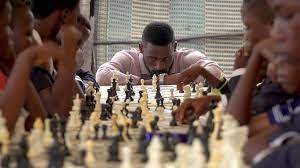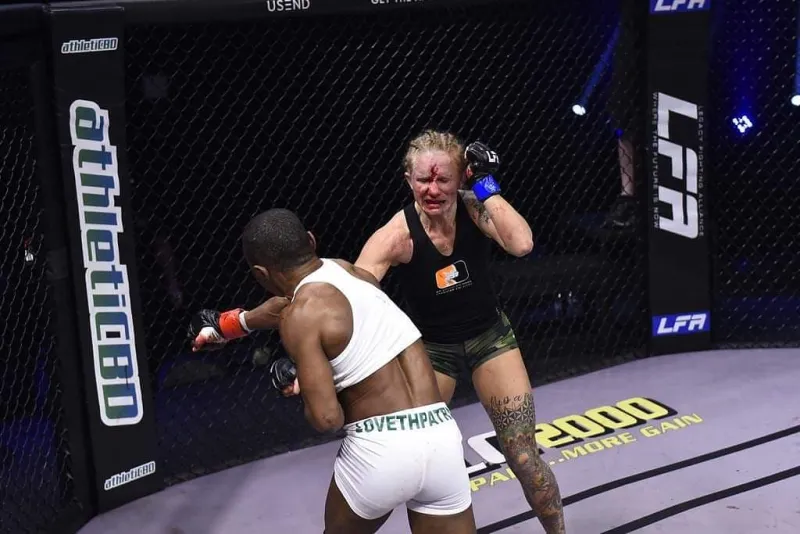(CNN)More than a dozen children gather under a canopy in Makoko, the floating slum in Lagos, Nigeria's commercial center. Aged 8 to 18, they are focused on the chess boards before them, calculating moves that will allow them to win the game.
Chess master Tunde Onakoya is supervising the tournament. Each week, he and the rest of the team at Chess in Slums Africa teach children in low-income communities to play chess.
Founded by Onakoya in 2018, he says the non-profit is focused on kids in poor communities, who are least likely to have access to education. He hopes that playing chess will open up opportunities for them beyond their lives in the slum.
The 26-year-old's posts about the living conditions and talents of the kids often go viral on social media, gaining the attention of donors, well-wishers, and recently, the governor of Lagos state.
Students are using chess to earn scholarships with the help of non-profits such as Chess in Slums Africa.
Students are using chess to earn scholarships with the help of non-profits such as Chess in Slums Africa.
"I realized that every time I shared the stories of one of our kids on Facebook or Twitter, people were willing to donate money to fund their education," Onakoya says. "So, through that medium about 12 children got scholarships."
Chess in Slums Africa has also partnered with tech-focused organizations like Venture Garden Foundations, allowing them to secure even more scholarships home and abroad for some of their best chess players.
Chess moves
Onakoya and his team aren't the only ones that have been making chess moves on the continent.
There are 46 countries in Africa with strong chess communities, according to the African Chess Federation. Since 2014, the continent has produced six new grandmasters -- the highest possible title in the game -- in Algeria, South Africa, and Egypt.
In Uganda, Phiona Mutesi discovered the gift of chess at the age of 9 after enrolling in a chess club in her slum neighborhood of Katwe back in 2005.
She eventually became Uganda's national champion, representing the East African country at international tournaments. Mutesi, the subject of a 2012 book and a 2016 Disney film called "Queen of Katwe," told CNN in a 2012 interview that "chess gave me hope."
That hopeful spirit is what chess coach James Kangaru wants to inspire in communities and schools in Kenya.
Kangaru, 28, started playing chess in high school and became a coach after university. In 2015, he founded a community outreach program called Epitome School of Chess to teach young children how to play the game.
"I started my programs in Ruai, an outskirt of Nairobi and also in Mavoko. When those two programs started it was all about having a new sport for the kids ... I believed a board game would work best for them," Kangaru says.
One of his top students, two-time national champion Joy Njeri, 12, says traveling for tournaments has given her more exposure. "It is fun visiting new places," she says, because "you get to meet a lot of amazing people and learn from them as they teach you better moves and show you more about chess."
In 2018, Kangaru was recognized as one of the best chess coaches by the International Chess Federation, the game's global governing body -- becoming Africa's youngest FIDE instructor, he says, which is one of the top coaching levels recognized by the world federation.
Meet the Nigerian board game creator trying to change an industry
Kangaru says countries like China, the US, and India are making an impact through the game by producing world champions. Teaching the game to as many children as possible is "the same thing I'm trying to do in my own capacity here."
With instructors like Kangaru and Onakoya, the game of chess continues to grow across the continent, offering opportunities for kids along the way.
"My greatest desire for the Chess in Slums project is to create a future where children from impoverished communities aren't just defined by their community," says Onakoya, adding that his goal is to "help them discover their truest potential.
SOURCE : CNN




